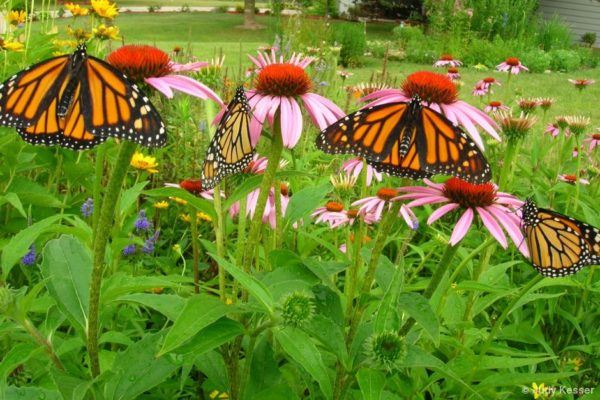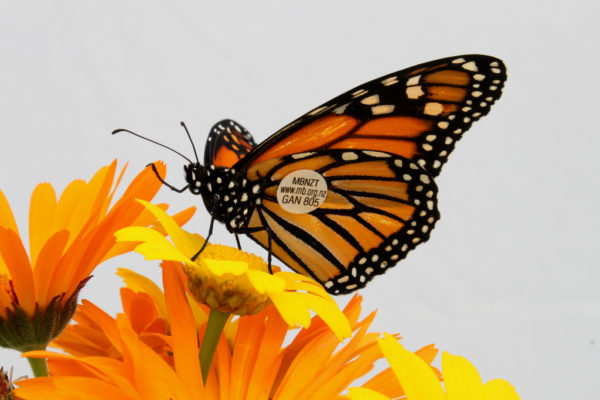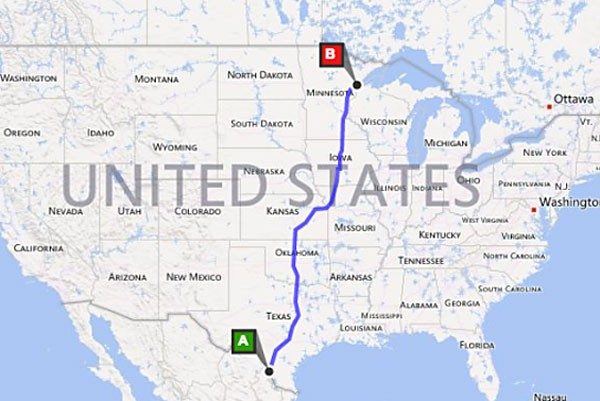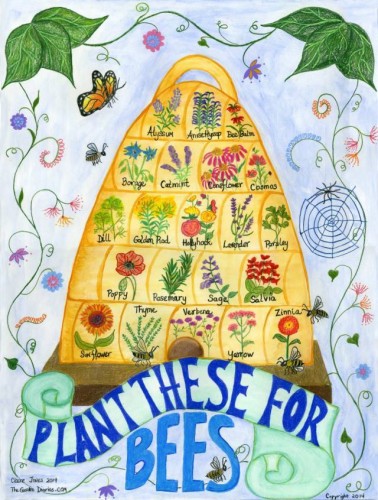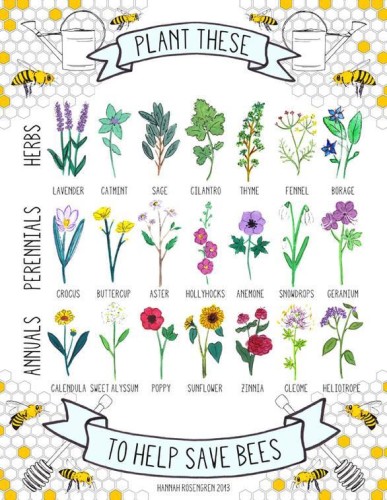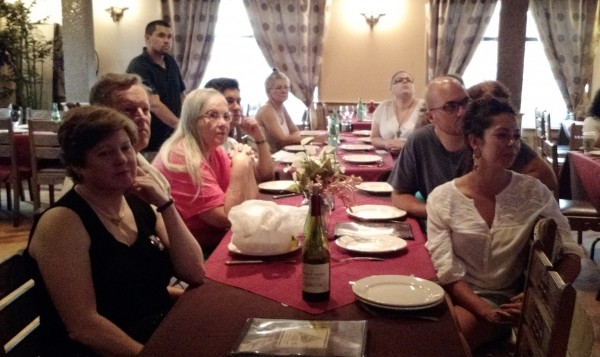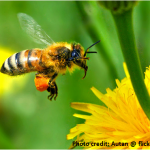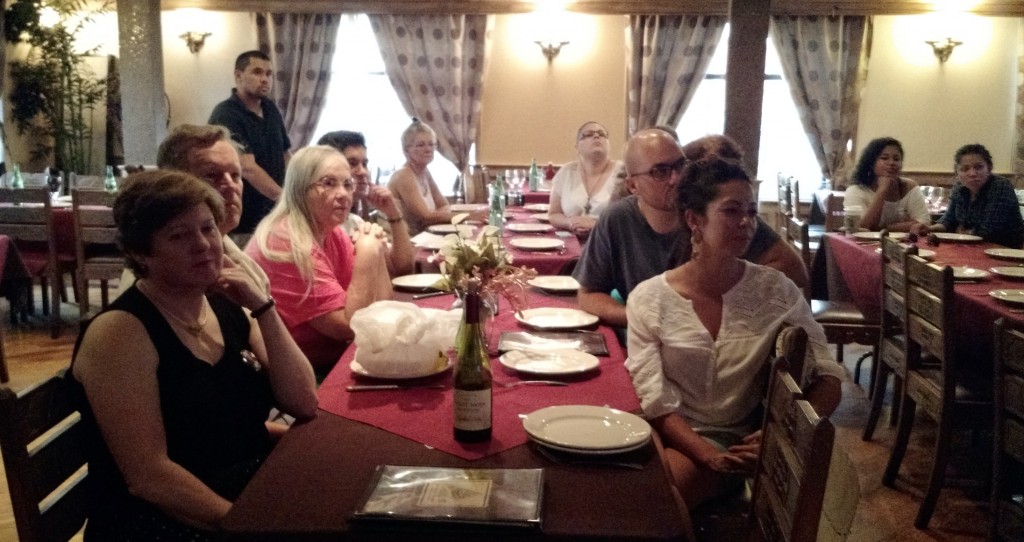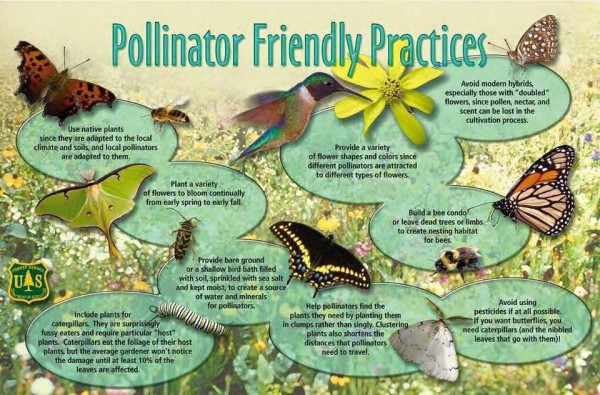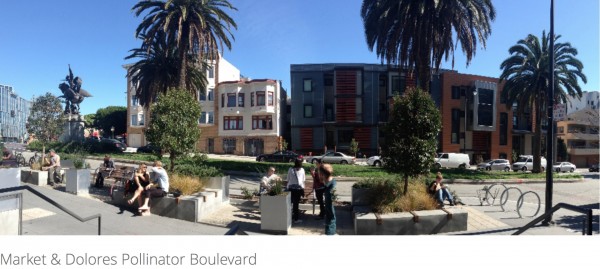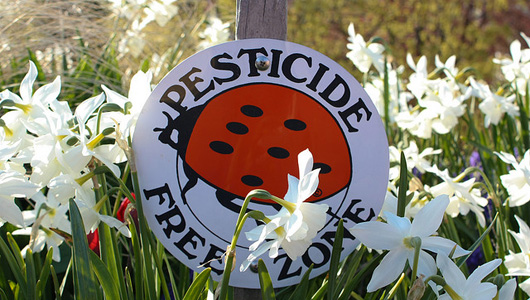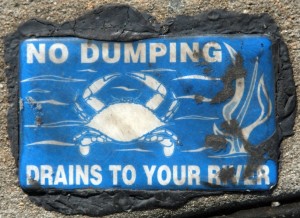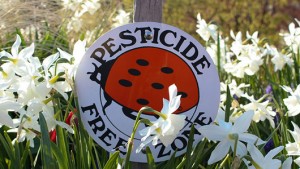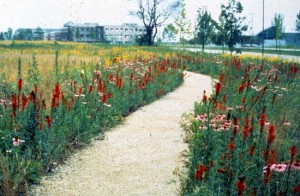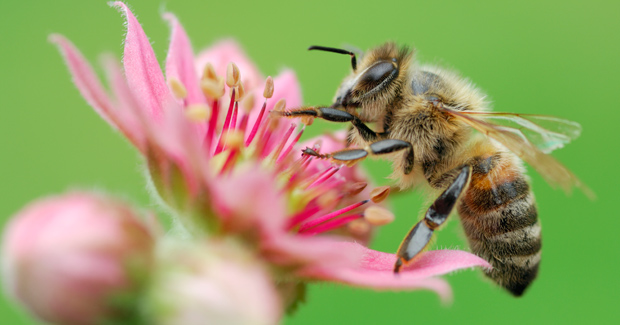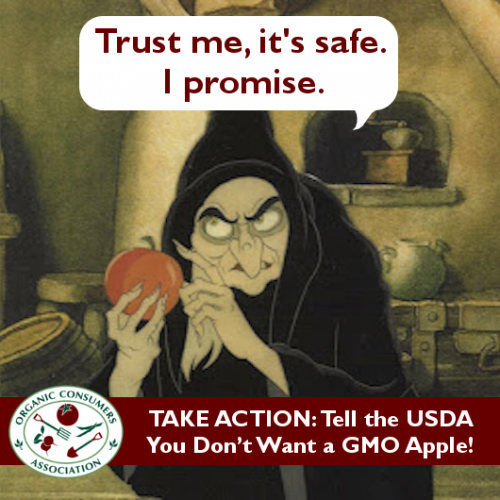 Submit your comment to the US federal government saying why you stand against the approval of GMO apples. The time to act is now! Here’s some scientific background on GMO apples are so bad, even McDonalds and Gerber doesn’t want them. After you post your comment, please share it with us. Here’s mine:
Submit your comment to the US federal government saying why you stand against the approval of GMO apples. The time to act is now! Here’s some scientific background on GMO apples are so bad, even McDonalds and Gerber doesn’t want them. After you post your comment, please share it with us. Here’s mine:
Private companies cannot be allowed to put in claims to own nature or our food supply. It’s time to radically head off manufacturers of GMOs from attempts to take over society by stopping them from selling their products, ever. The US government must act immediately to make the GMO process and the sale of GMO seeds, illegal.
GMO products and patented seeds, are responsible for the killing of bees, natural ecosystems, and ring the death knoll for small farms around the world.
Our food system relies on bees for pollination. Ecosystems rely on a diversity of plant and animal life to thrive, much in the same way that human bodies do. Small farms are being seized and eradicated by GMO distributors through a variety of nefarious and underhanded moves.
GMO producers are dishonest and extremely dangerous.
You cannot allow them to continue harming the earth, our food supply and the people of the United States. GMO incursion is bad for people and the natural world that God created, which it is the fundamental and inalienable right of US citizens and all people, to enjoy.
The myth is being sold by self-serving producers of mono-culture crops that our societies will be better, or safer, if we allow them to take over the growing process, beginning with seed alteration and patenting, but this is the reverse of true. Mono-cultures are exactly the opposite of good, and the results GMO companies bring into the world are disastrous over both the long and short terms.
The approval of GMO apple seeds will open the door to other varieties of patented seeds being brought into the food supply chain. In the short run, family farmers and small farms will be ruined. In the long term, GMO producers want to make sure that only their eco-system destroying apples can be planted and sold. They want to make natural seeds illegal and own the growing process from start to finish.
GMO crops which contain pesticides also produce pesticides resistant super-insects that cannot be controlled by normal strength pesticides. The GMO crops are directly responsible for the super-insects wiping out natural crops (grown by family/small farmers) in regions where the GMO crops that create them are grown. We can only imagine how bad the pesticide-based crops will reveal themselves to be for human health.
GMO companies seek to replace good, healthy food grown by loving hands which shares a beneficial, symbiotic exchange with nature … with chemically altered food that destroys nature, ecosystems, the natural pollination process (and bees), health, family farms and world society as we know it.
They cannot be allowed to continue to operate in society. There must be NO place for them at all. Please, cast a vote for the wellbeing of United States residents and the world at large, by banning GMO seeds from entering the world.
